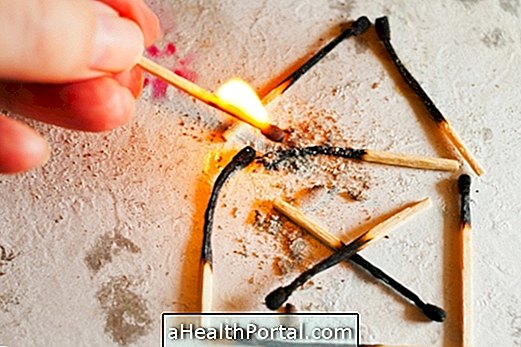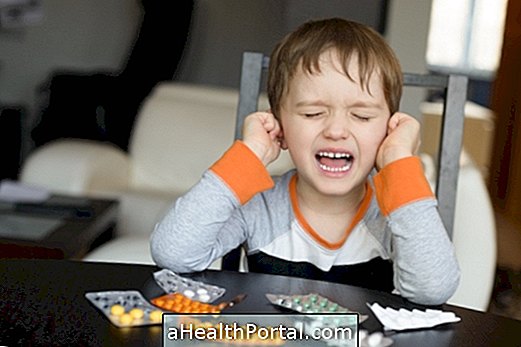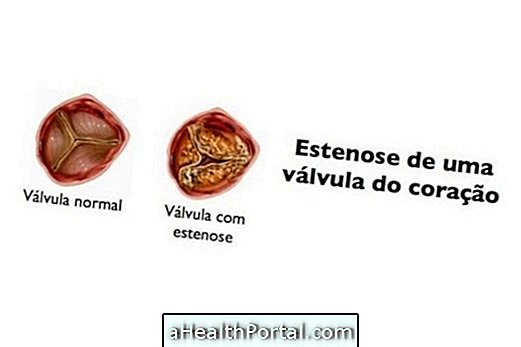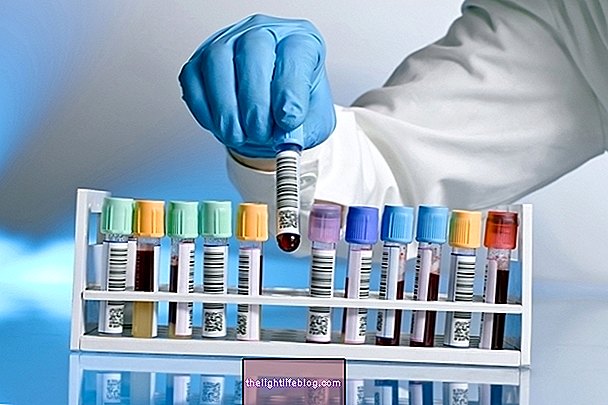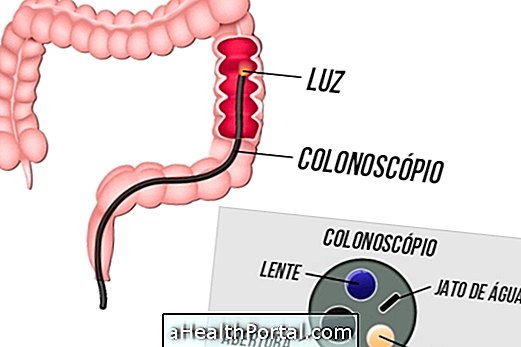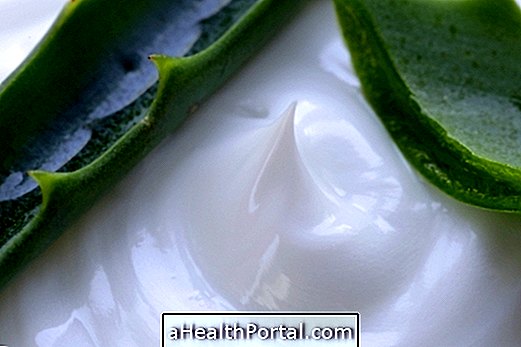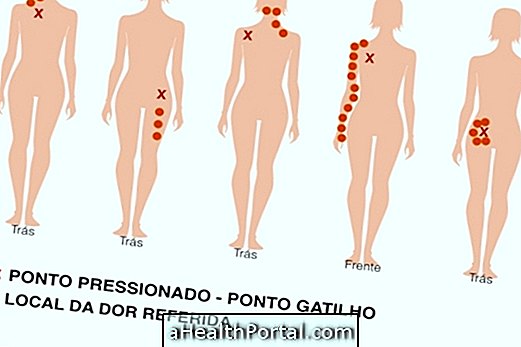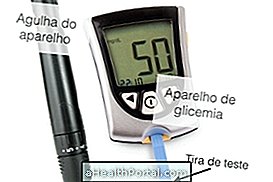Postpartum depression is a psychological disorder that can occur right after the baby is born or until the baby is 6 months old. It can be classified as being mild or transient and can become severe by initiating a psychotic neurosis that requires medical treatment.
Symptoms of Postpartum Depression
The most common symptoms of postpartum depression are:
- persistent discouragement, feelings of guilt,
- difficulty sleeping, suicidal thoughts,
- excessive fear of hurting the baby,
- decreased appetite and libido,
- obsessive ideas and behavior change.
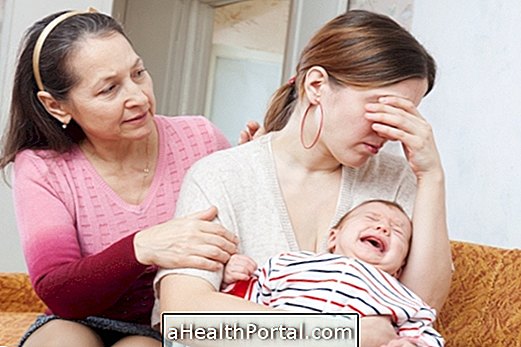
Causes of Postpartum Depression
The causes of postpartum depression can be:
- low income, do not accept the baby,
- have many children,
- being a single mother or having too much difficulty in the relationship with the partner,
- having stayed a long time without touching the baby after his birth,
- domestic violence, sexual abuse,
- overloading tasks, conflicting experiences in motherhood.
Postpartum depression is cured with the correct treatment, but this cure can take months to reach.
Diagnosis of postpartum depression
The diagnosis of postpartum depression should be made by the psychologist, but the obstetrician or even the baby's pediatrician can observe the symptoms of postpartum depression in the woman.
For the diagnosis the psychiatrist or psychologist may use a questionnaire to evaluate the woman and it is not necessary to perform any specific examination.
Answer the following questions and see if you have this disorder:
- 1
- 2
- 3
- 4
- 5
- 6
- 7
- 8
- 9
- 10
Rapid test to indicate Postpartum Depression. Respond, preferably, between the 2nd week and the 6th month of the baby.
Start the test


- Ever.
- Sometimes.
- No, never.

- Ever.
- Sometimes.
- No, never.

- Do not.
- Sometimes.
- All the time.

- Do not.
- Sometimes.
- Very often, more than 4 times a week.

- Ever.
- Sometimes.
- No, never.

- Yes, most of the time I can not control the situation.
- Yes, sometimes I can not control the situation.
- No, I can always control the situation.

- Yes, I have a hard time sleeping and I can not rest anything.
- I have difficulty getting to sleep several times a week.
- No, I always do very well.

- No, I'm very happy.
- Yes, I have felt sad or upset more than 3 times a week.
- Yes, I'm almost always sad, upset and tearful.

- Yes, most of the time.
- Yes, but occasionally.
- No, this never happens.

- Nothing has ever happened through my head.
- I've had such thoughts, but they do not happen more than once a week.
- This is a thought I have with some frequency.
Treatment for postpartum depression
Treatment for postpartum depression can be done through ingestion of medications, psychotherapy and / or support groups. Postpartum depression remedies that may be used by non-breastfeeding mothers may be Fluoxetine, Citalopram, Sertraline, and Paroxetine, and only Sertraline and Paroxetine may be used by breastfeeding mothers. Check out more details of the treatment here.
